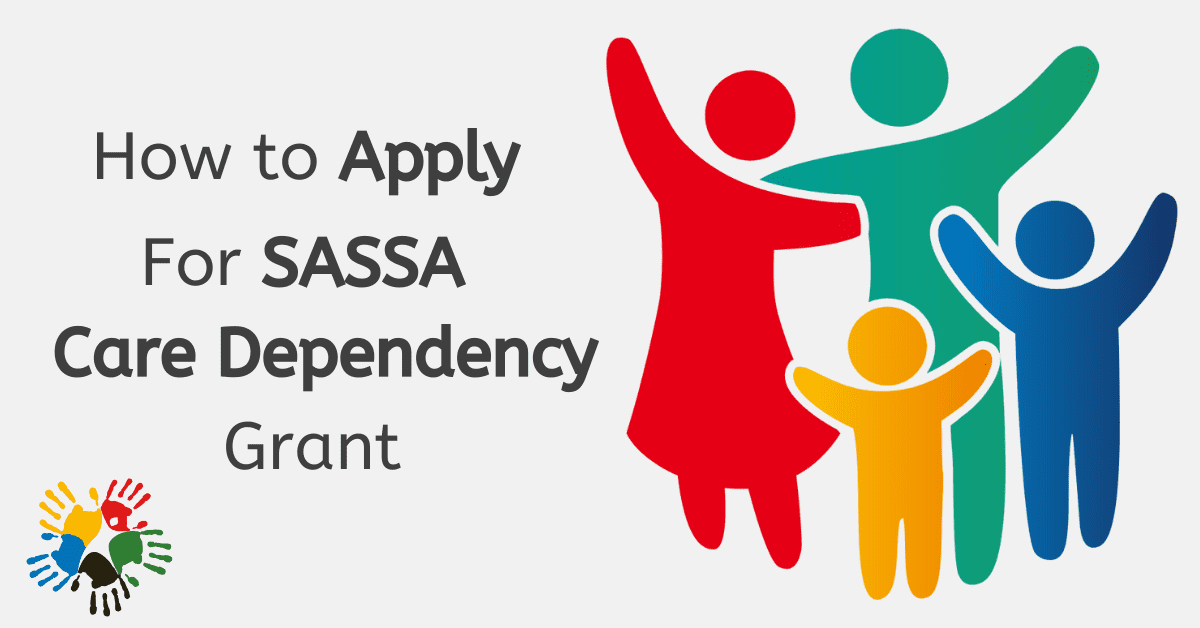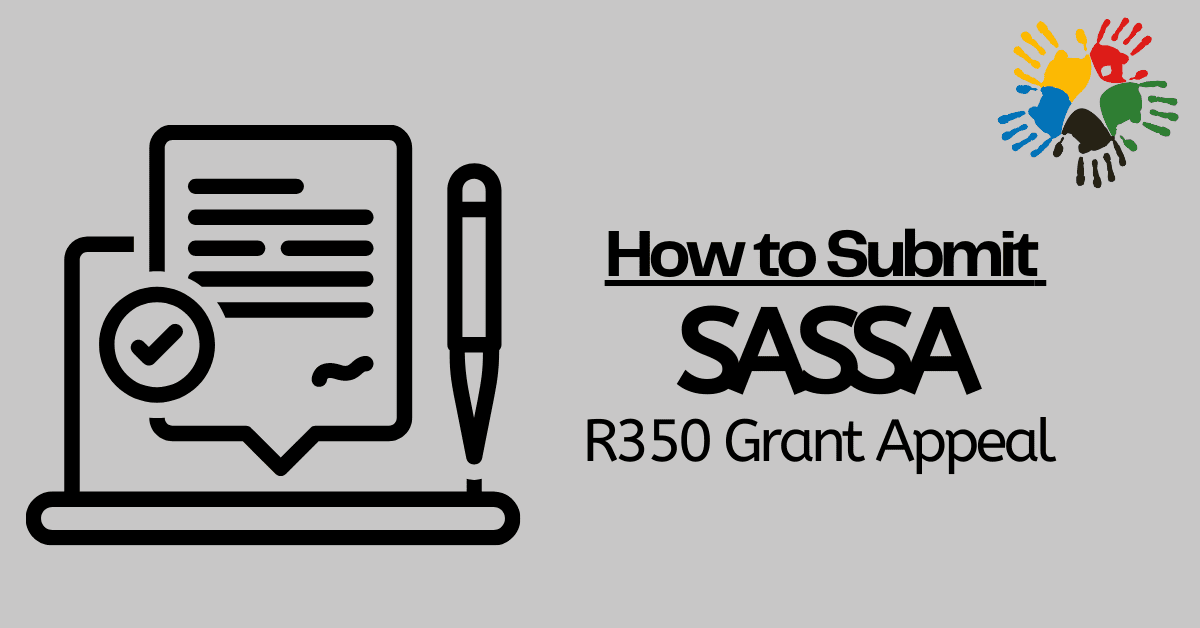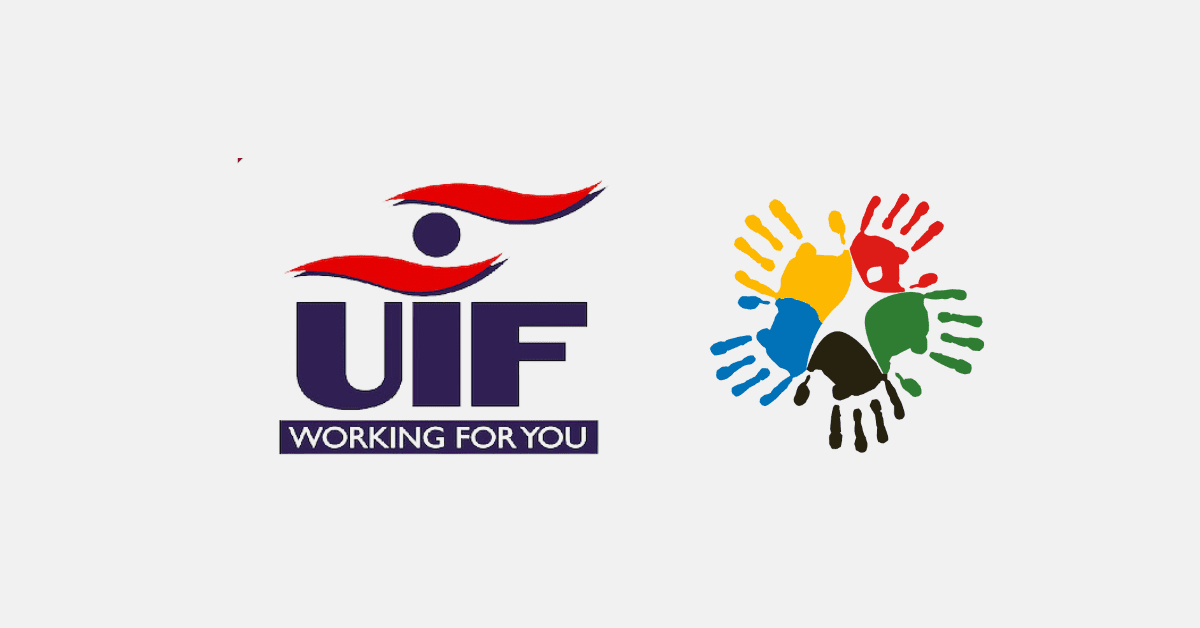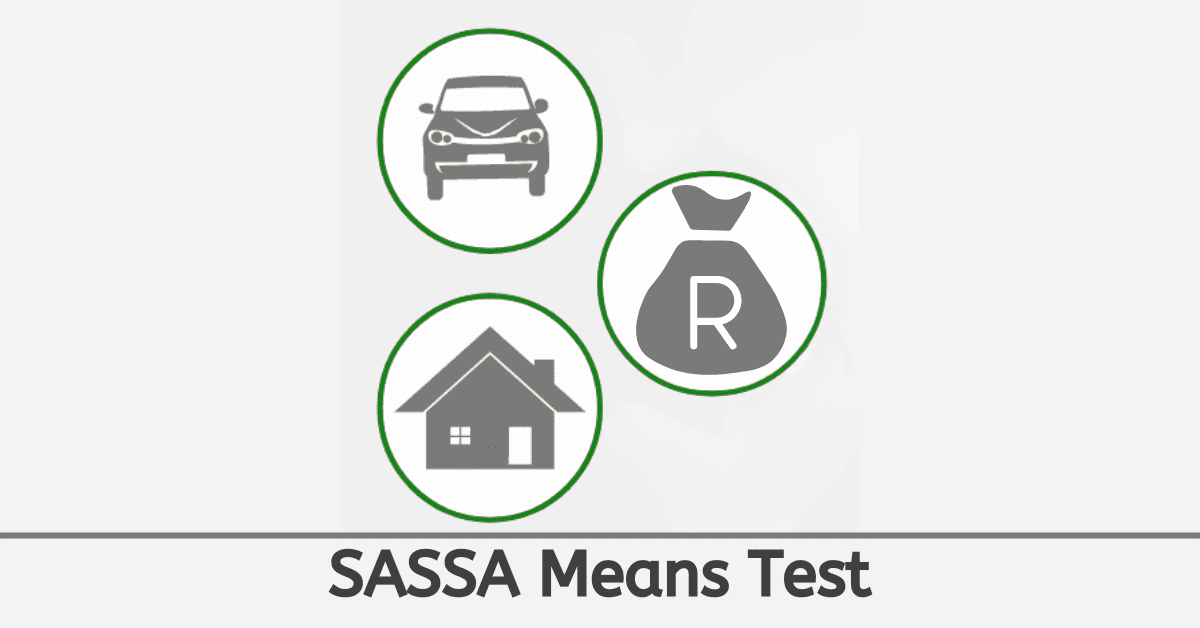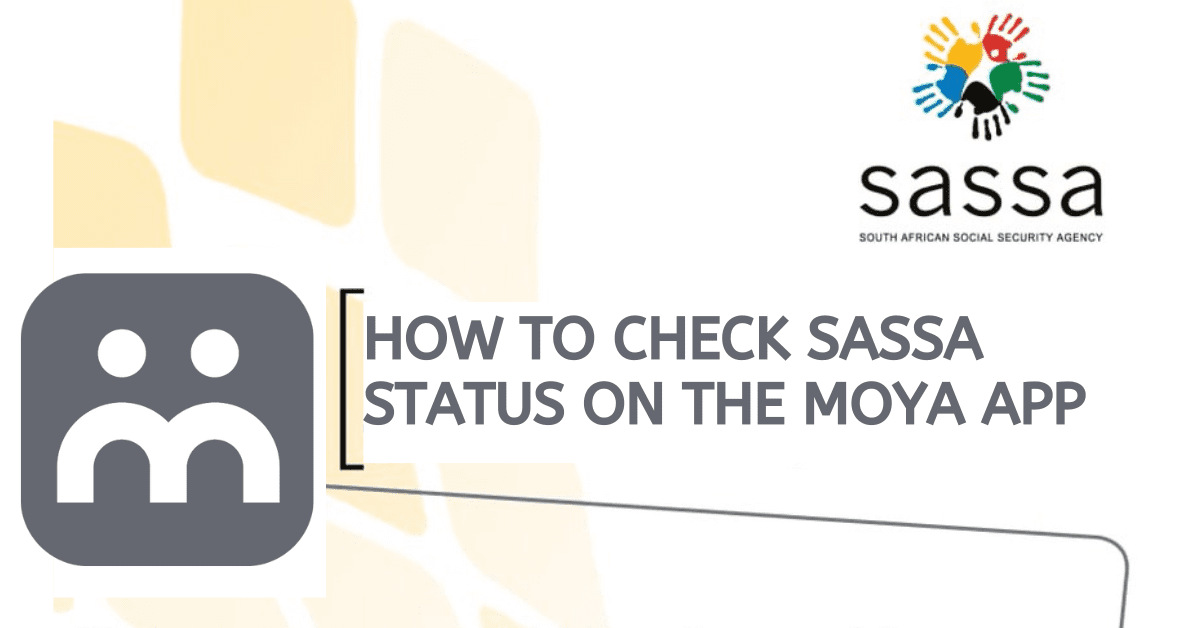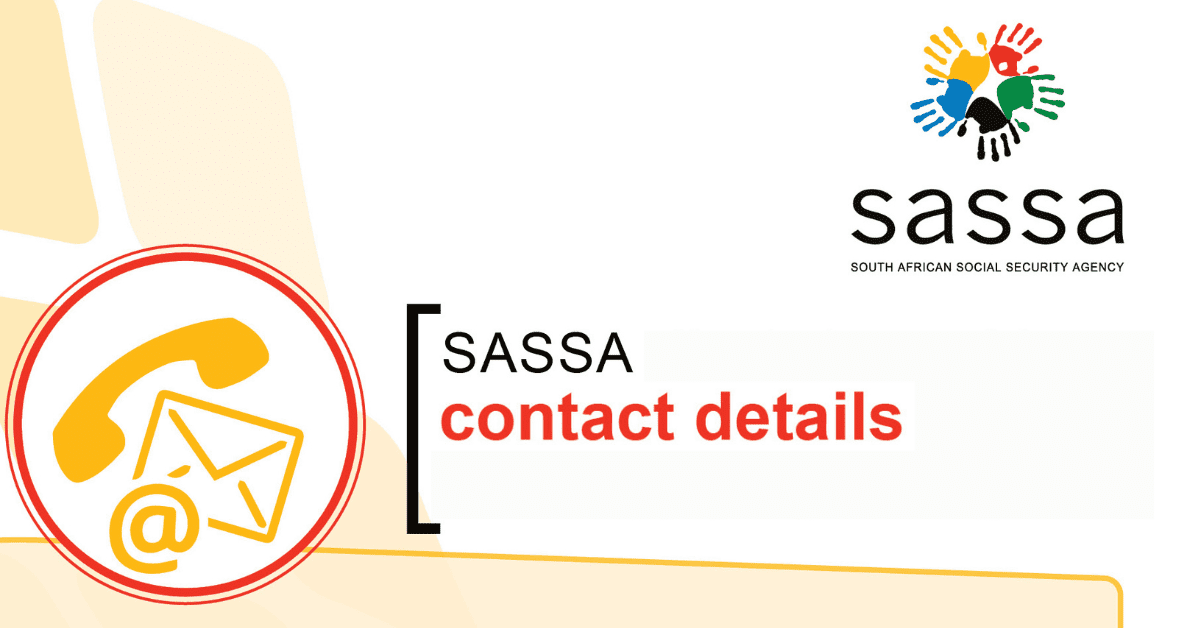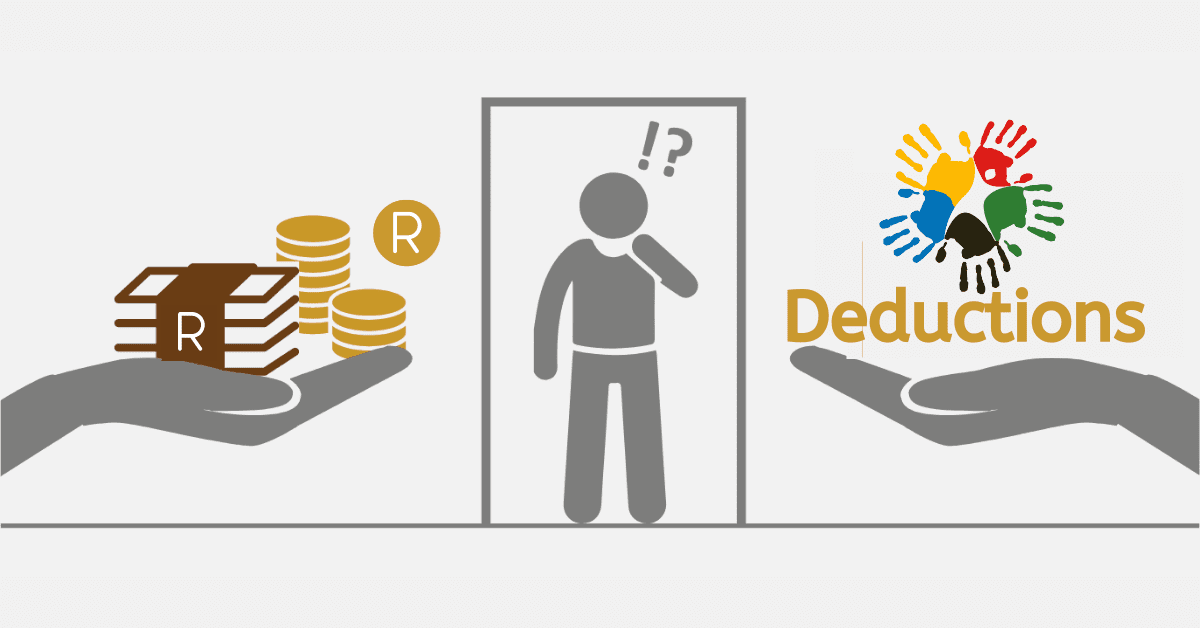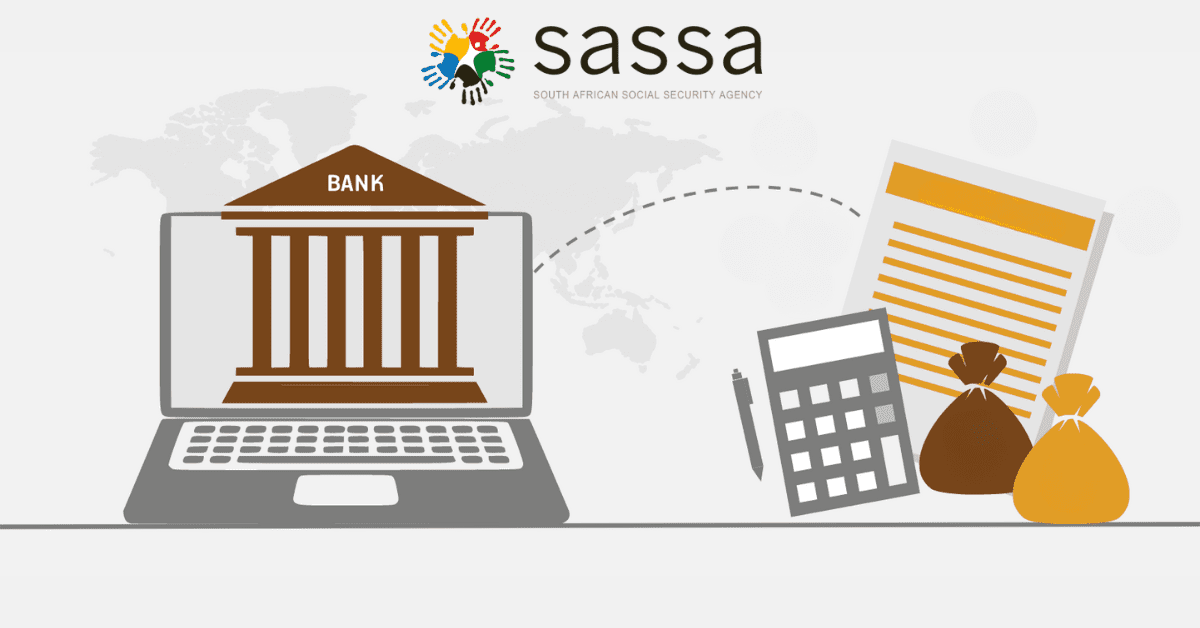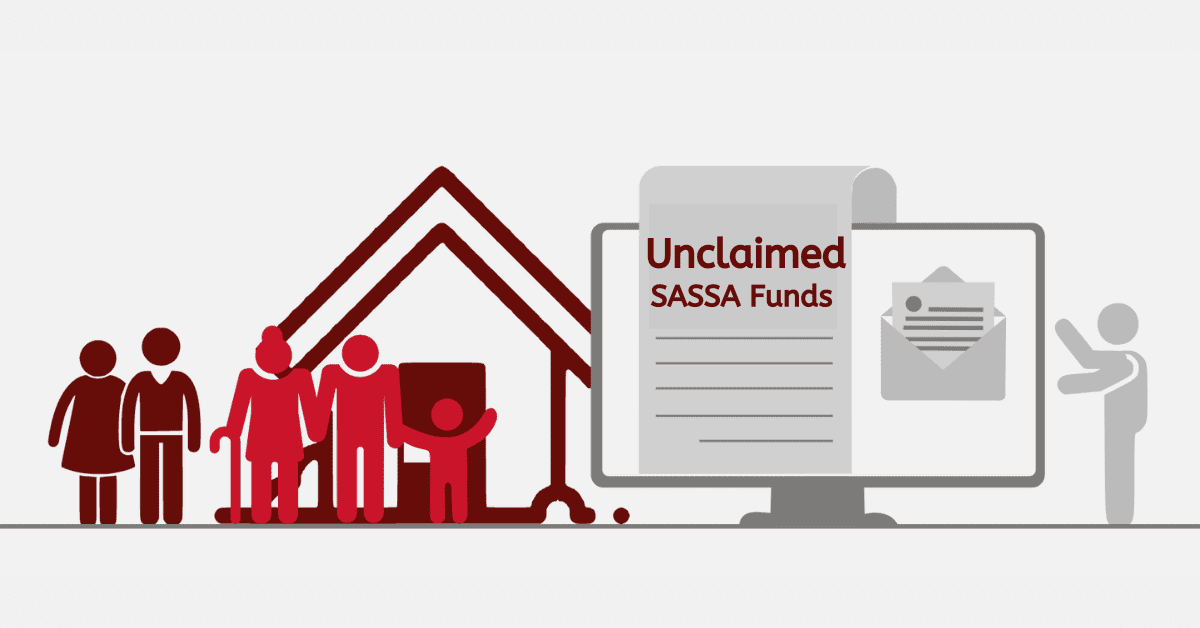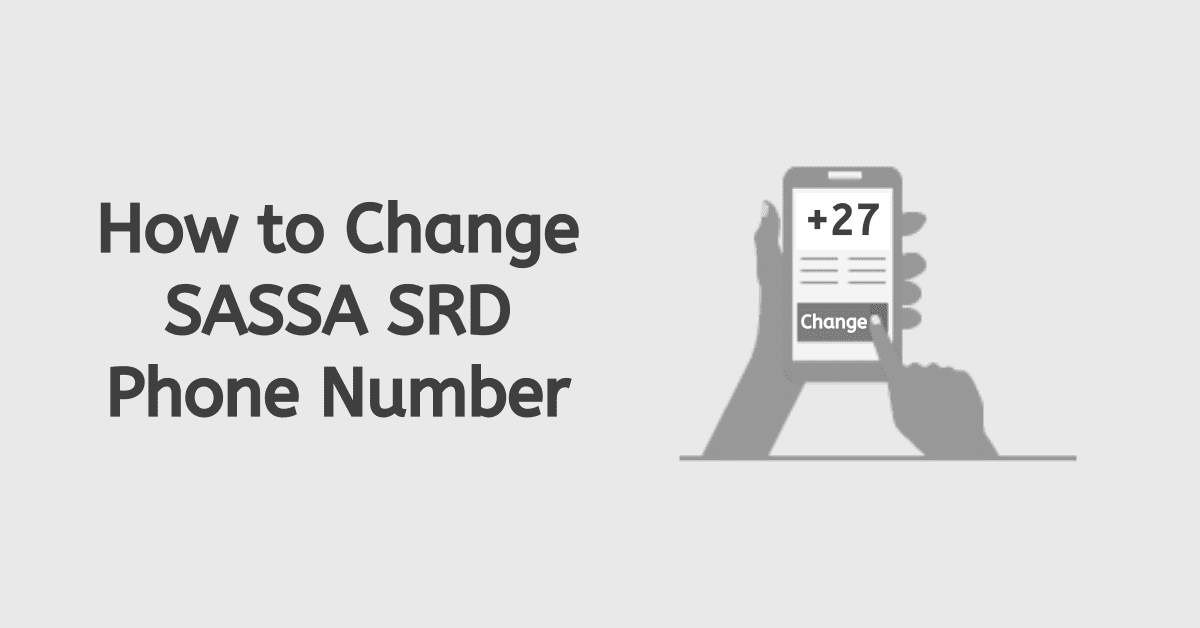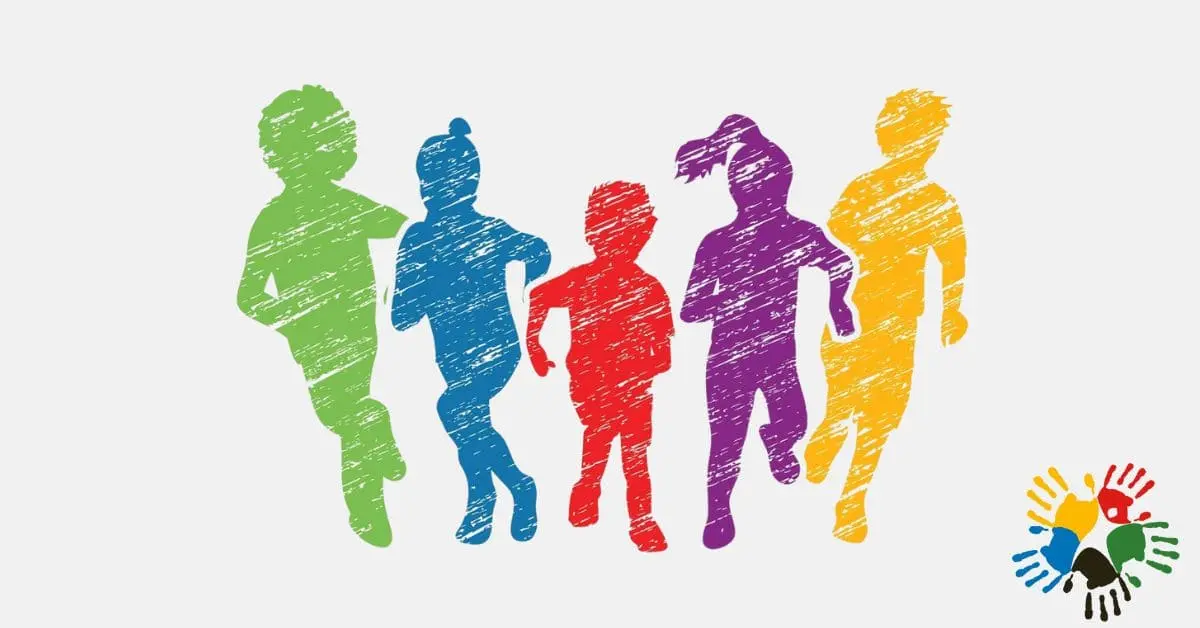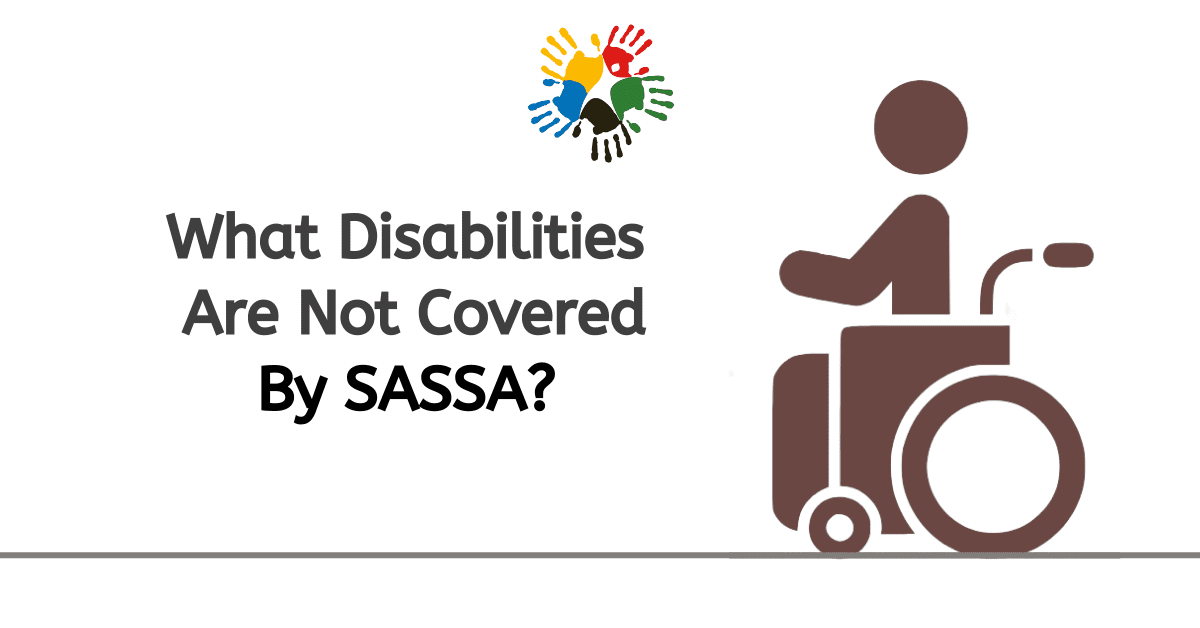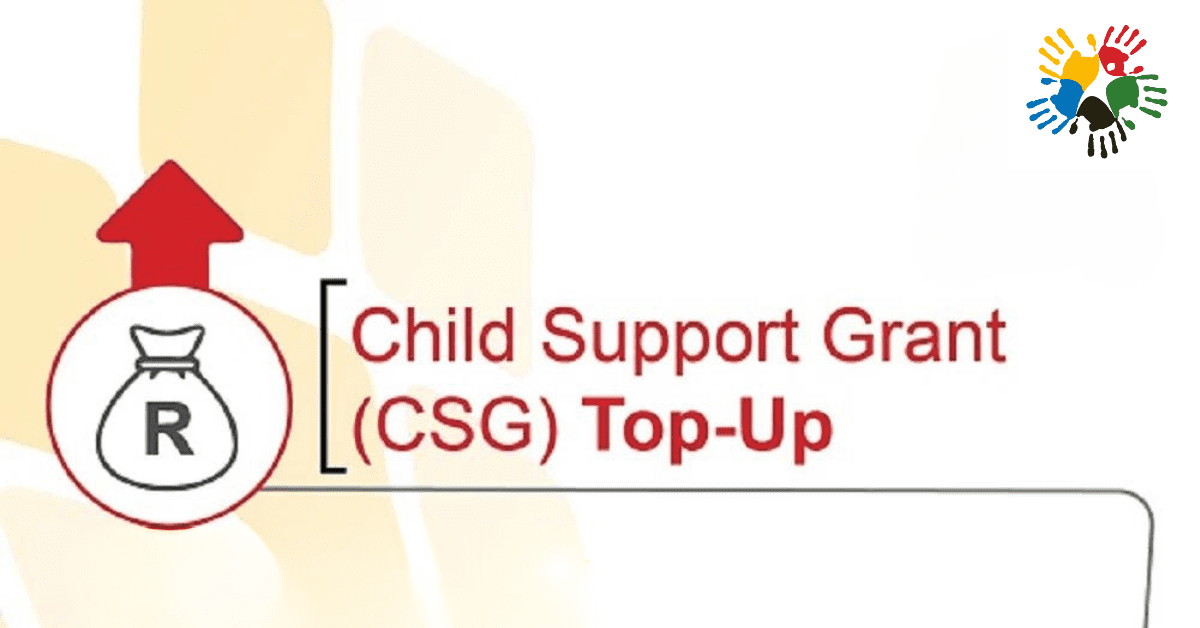For parents of more than one child, making applications for the SASSA Child Support Grant can be very intimidating. Luckily, you can receive the grant for more than one child, provided you meet the criteria to apply for the grant. The SASSA Child Grant is paid out monthly until the child reaches a set cut-off age. Here’s some more information to help you.
How Many Children Can Get SASSA Grant?
You can only receive the SASSA Child Grant for up to 6 non-biologically related (or formally adopted) children. This limit may fall away if the children are legally yours, but you cannot simply have children to receive the grant- this will be picked up as fraud and could result in penalties or even prosecution. Remember that you have to meet the eligibility criteria for your household, as well as for each child and that it will only apply until they reach legal age- which is 18 years old in South Africa.
How Much Is SASSA Per Child?
The current basic SASSA grant per child is R500, rising to R510 in October 2026. In addition to this basic amount, many children qualify for the top-up grant, which is currently R250. This means you could receive up to R750 per child from the SASSA child grant. There are also other SASSA grants, like the foster child grant, which you could qualify for depending on your exact circumstances. Should a child have a recognized disability or special needs, they may also be entitled to further SASSA support.
Because navigating the grant system can be confusing, it would be a good idea to get the assistance of SASSA (through their service channels, like their hotline) or to liaise with a social worker to ensure you are receiving all the child-focused assistance your household qualifies for.
Who Qualifies for the SASSA Child Grant?
The SASSA Child Support Grant is available to primary caregivers of children under the age of 18 who meet certain criteria. These include:
- Be a South African citizen, permanent resident, or refugee, in charge of children who also qualify as one of these categories.
- Be the primary caregiver of the child and be responsible for the day-to-day care of the child.
- Meet the means test criteria, which includes a maximum household income of R57 600 per annum or R4800 per month for a single caregiver. If you are married, this changes to a maximum household income of R115 200 per annum or R9 600 per month. These figures are for the 2026-2026 year and may change in the future.
- You must live in South Africa and be able to provide proof of residence
- The child must be born after 31 December 1993 (a set limit), and must also be under the age of 18 in the year you apply.
- You cannot receive other social grants from the government for the child, nor can someone else receive a grant for the child already.
If you meet the eligibility criteria for the Child Support Grant, you can apply by visiting your nearest SASSA office or by completing an online application on the SASSA website.
Can I Get SASSA Grant for Adopted Children?
Adopted children do qualify for certain SASSA grants, including the Child Support Grant. To be eligible, the adoptive parent must be the primary caregiver of the child and meet the other eligibility criteria, including the income eligibility and residency requirements we addressed above.
The adoptive parent will need to provide proof of the adoption and legal guardianship alongside the other proofs needed for application. The means test criteria for the Child Support Grant will also apply to adoptive parents. The SASSA limit for the Child Support Grant includes both biological children and legally adopted children in the house.
At What Age Does the Child Support Grant Stop?
The SASSA Child Support Grant will end once the child turns 18. However, there are certain circumstances where the grant may be extended beyond the age of 18. For example, if the child has a disability, the grant may be extended until the age of 21. In such cases, the caregiver will need to provide proof of the child’s disability and may need to undergo a means test to determine their continued eligibility.
Once the child reaches the age of 18 and is no longer eligible for the Child Support Grant, they may be eligible for other social grants provided by SASSA, such as the Unemployment Grant or Disability Grant, if they meet the eligibility criteria. They may also be eligible for tertiary education support through South Africa’s NSFAS bursary program.
The SASSA Child Support Grant provides important support to families of low socio-economic means to help them provide a better life for the children under their care. If you are a struggling family, the grant can be a lifeline to help ensure your children are fed, clothed, educated, and housed.
